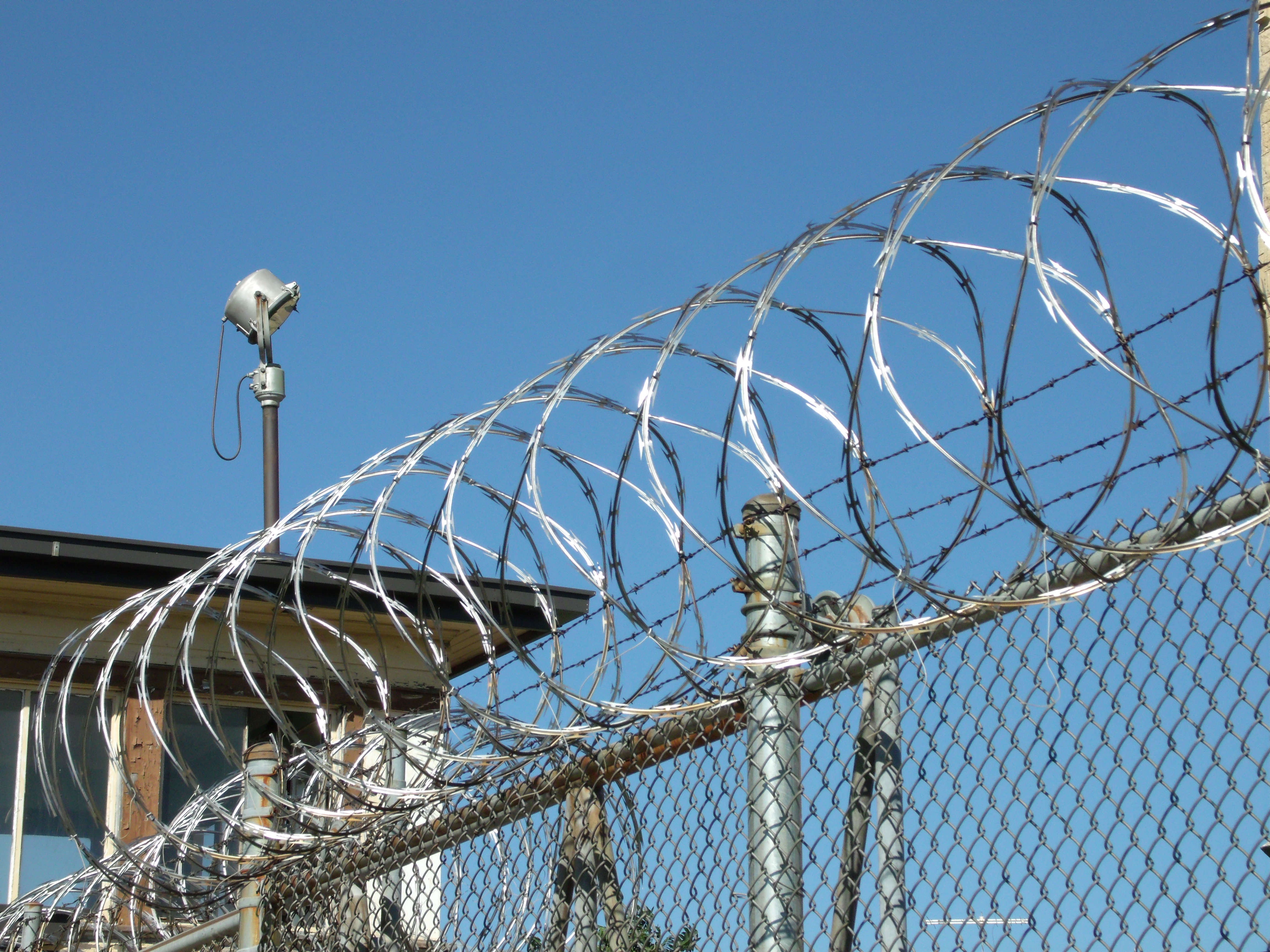
Amid national outrage over the low bail that released a killer just days before the Waukesha Parade massacre, Dan O’Donnell tells the story of a young man whose life was saved because he was held in jail
December 1, 2021
Perspective by Dan O’Donnell
Tyler was going to die. He was sure of it. He even planned for it. He was 28 years old, but he had decided he was going to die.
Tyler was a drug addict, the result of Vicodin prescriptions for back and dental issues that quickly led to dependency on other prescription medications and then a slow descent into heroin use.
“I was never sober for more than half a day,” he says, “and what ensued was a complete loss of myself as a person; a complete inability to not only live my life, but also to even understand how anyone else could lead a normal life without chemicals. I forgot who I was. I forgot how to be a human. I forgot how to live.”
And now he didn’t want to anymore. His mind was made up. He was going to die.
In the wake of the Waukesha Christmas Parade massacre, in which six people were killed and dozens more injured when a career criminal freed on bail just days earlier plowed his SUV into them, Wisconsin has been forced to painfully confront years’ worth of disastrous criminal justice policy.
Even Milwaukee County District Attorney John Chisholm, the godfather of the “Progressive Prosecutor” movement, was forced to at least feign outrage. Two days after his office recommended $1,000 cash bond for Darrell E. Brooks, Jr. even though Brooks had two open felony cases on charges that included bail jumping, domestic abuse, and…running his girlfriend over with his SUV, Chisholm called that bail “inappropriately low” and launched an investigation.
“The bail recommendation in this case is not consistent with the approach of the Milwaukee County District Attorney’s Office toward matters involving violent crime,” Chisholm said in a statement.
This, of course, was an obvious lie. Refusing to prosecute dangerous criminals and releasing them as soon as they are arrested has been the exact approach of the Milwaukee County District Attorney’s Office since the moment Chisholm was elected to lead it.
Over the past decade and a half, there have been hundreds (if not thousands) of Darrell E. Brooks, Jrs who have assaulted, robbed, raped, and even killed while out on the scandalously low bail mandated by the restorative justice push that Chisholm has led.
In just the past week, a stabbing suspect out on bail in Milwaukee stabbed a man to death and a one-man crime wave with seven open felony cases in Dane County over the past nine months shot and killed a man in Blooming Grove.
But just as low bail has led to death, high bail has prevented it.
Six years ago, Tyler wanted to die. He made a plan to die. He was going to die. But because he couldn’t make bail, he couldn’t.
Tyler—who is now in his mid-30s and requested a pseudonym to avoid the stigma of his past drug addiction and criminal record—is now six years sober, the father of two children, and a successful mechanic who has recently moved into a managerial position in his company.
He is the very model of rehabilitation that Chisholm’s grand social justice experiment aimed to create, but Tyler credits his stint in jail with saving his life.
“If I could have made bail, I wouldn’t be here today,” he says plainly.
In 2015, Tyler was a junkie who stole, dealt, did anything he could to get his next fix.
“I hurt everyone I had ever met, or came in contact with,” he laments. “I conned anyone I knew out of money.
“I went from a middle-class life, to living wherever would have me. I didn’t care, as long as my drugs came through. I treated my parents like they owed me, and when they didn’t come through with the funds, I berated them for not caring enough about me to keep me alive.”
But deep down, Tyler didn’t want to be alive—especially not after years of criminal activity were finally starting to catch up with him.
“My eventual arrest in March of 2015,” he explains, “finally landed me in jail with no prospect of release.”
He was held on $50,000 cash bond, which he describes as “a sum of money so insanely high that I had no hope of getting out.”
Tyler was devastated by this, but not because he wanted to go back to his life of crime and drug use: Because he wanted to die.
“I had a large amount of heroin,” he says. “I planned to use it to end my suffering, and end the suffering of those around me, by taking my own life. I had it very much planned out.”
The second he posted bond (or, more likely, a loved one posted for him), he was going to shoot up every last speck of heroin he had and just be done with it all. He was going to die. But he couldn’t.
“Even when my lawyer pleaded for a bail reduction, it was only reduced to $10,000. It was still too high to meet.”
Dope sick, facing years in prison, and unable to escape his pain, Tyler decided to instead confront it. He threw himself into drug treatment while behind bars. He was sentenced to four years in prison, and each day he attended his program and worked toward early release. Before long, the dope sickness faded, and Tyler regained his purpose: He would walk out of prison as soon as he could so that he could again be a part of his children’s lives.
“I was sent to a medium-security facility,” he says. “After a year there, I was transferred to a minimum with no fence. While in minimum I was allowed to get a job at a local factory, which allowed me to save some money and have money upon my release. From there, I went to a drug treatment program facility. I was able to complete a drug course that allowed me to be released a year and a half early.
Free from both prison and his addiction, Tyler threw himself into finding a job. After a few rejections from companies nervous about hiring a felon, he found work with a company that was in desperate need of a mechanic.
He worked hard for years and has just been named a supervisor with the long-term plan of easing him into the job his boss now holds. He has regained full custody of one of his children and has weekend placement with the other along with weeklong visits during summer vacation. He is, at long last, happy.
For this, he credits the time he spent behind bars, which forced him to finally get clean and take responsibility for the person he had become.
Only after bail was set so impossibly high that he couldn’t escape the consequences of his actions did he finally begin to take responsibility for them. And only when he couldn’t die did he realize how badly he wanted to live.
“High bail saved my life,” he says.
